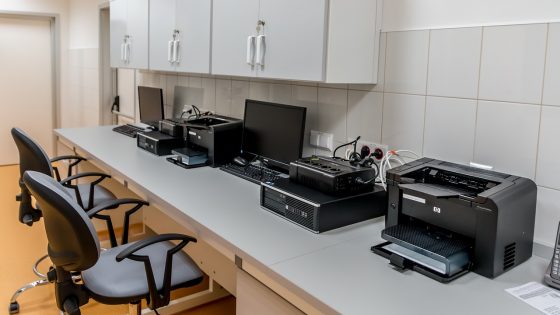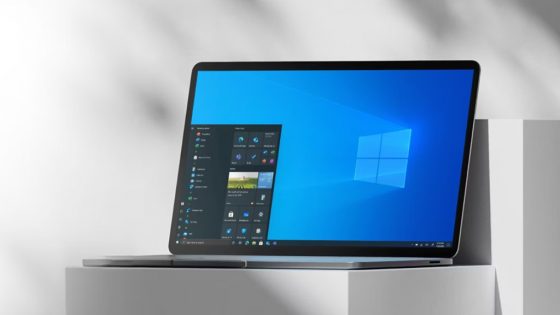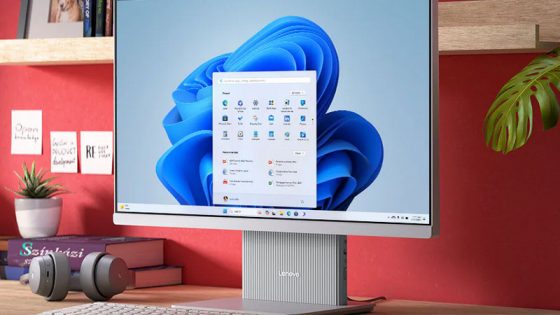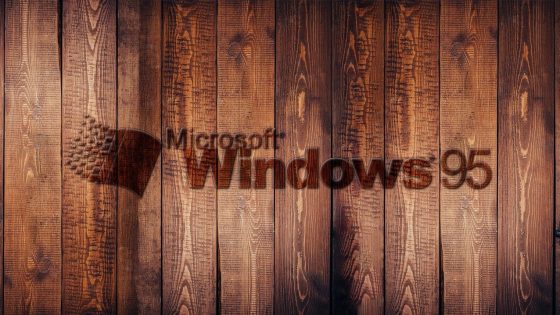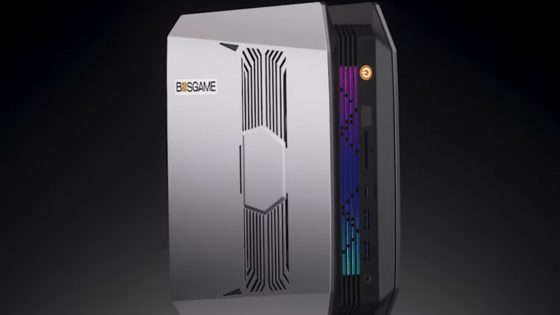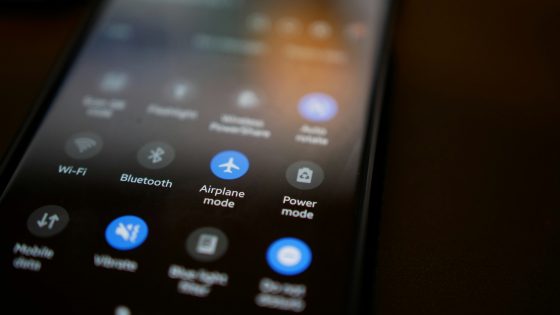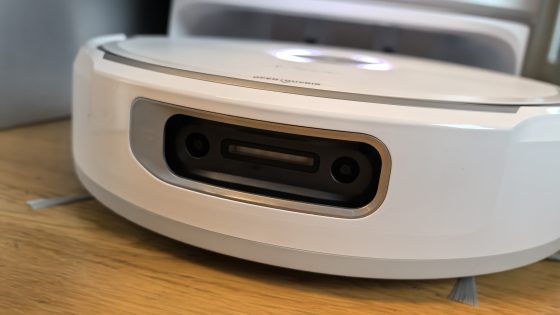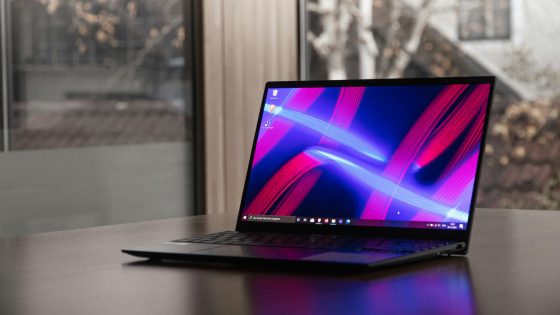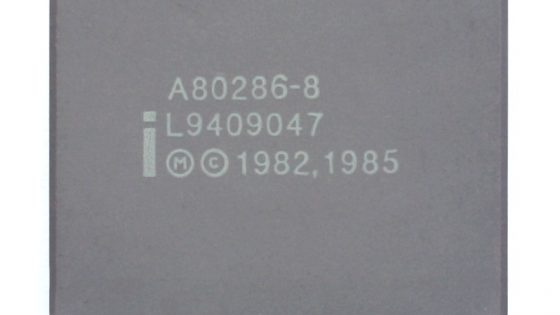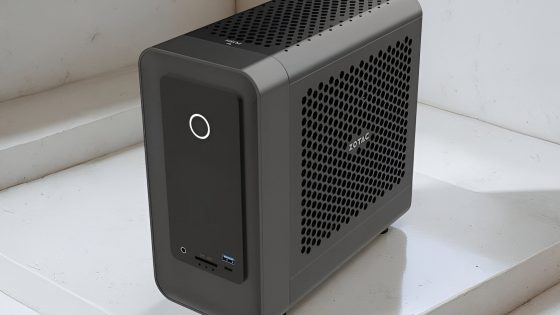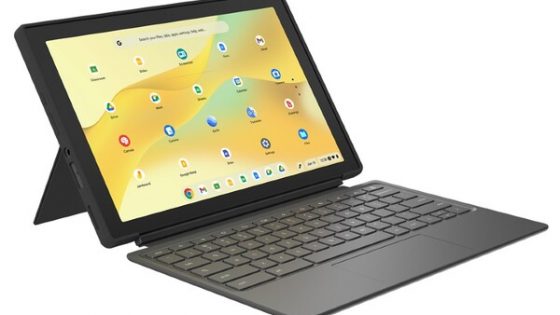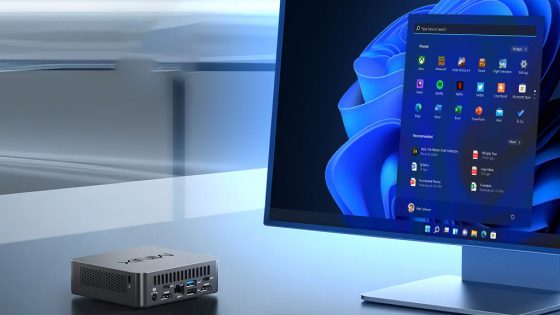Windows 11 officially available on older PCs?
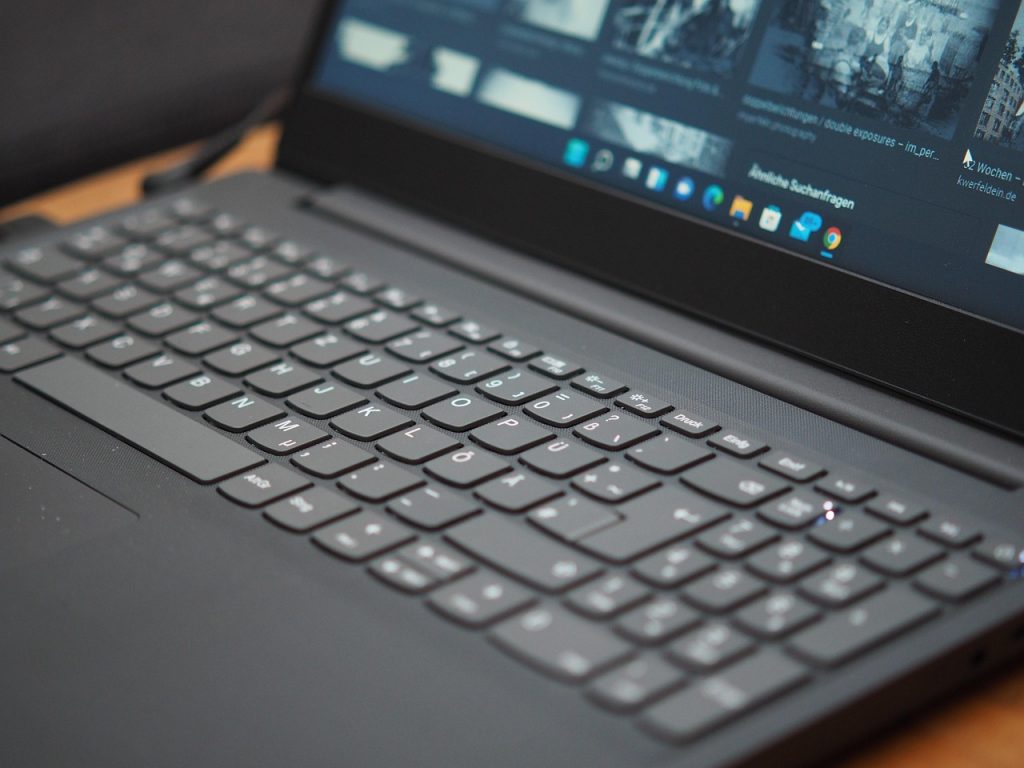
With Windows 10 support set to end this fall, many users are faced with upgrading to Windows 11 even if they don't meet the hardware requirements. Officially, TPM 2.0 is required to enable key security features like device encryption and Windows Hello. However, there are increasing reports that older systems are receiving Windows 11 offers even if TPM 2.0 is not enabled.
Unexpected upgrades on older systems
The BornCity blog, run by Günther Born, notes that both home and business users are receiving notifications about upgrading to Windows 11 version 24H2 even when TPM 2.0 is disabled in UEFI. For example, a user of a Lenovo IdeaPad S145-15IWL laptop received an upgrade offer even though he had explicitly disabled TPM 2.0. As early as March 2025, IT administrators reported that Windows 10 systems were being upgraded to version 24H2 without their consent — even if they used WSUS to manage updates.
Why TPM 2.0 is important
TPM 2.0 is a dedicated security module that provides cryptographic functions and protects critical system processes. Microsoft considers it critical to the security and integrity of Windows 11. If upgrades are offered on systems without TPM 2.0, this may increase security risks.
Mistake or policy change?
Microsoft has not yet issued an official statement. The upgrade errors may stem from a bug. The official system requirements remain unchanged — TPM 2.0 is still explicitly required.
Caution is key
Until Microsoft clarifies its position or officially releases the requirements, users should proceed with caution. While upgrading without TPM 2.0 may technically work, it is not supported and carries potential risks.




